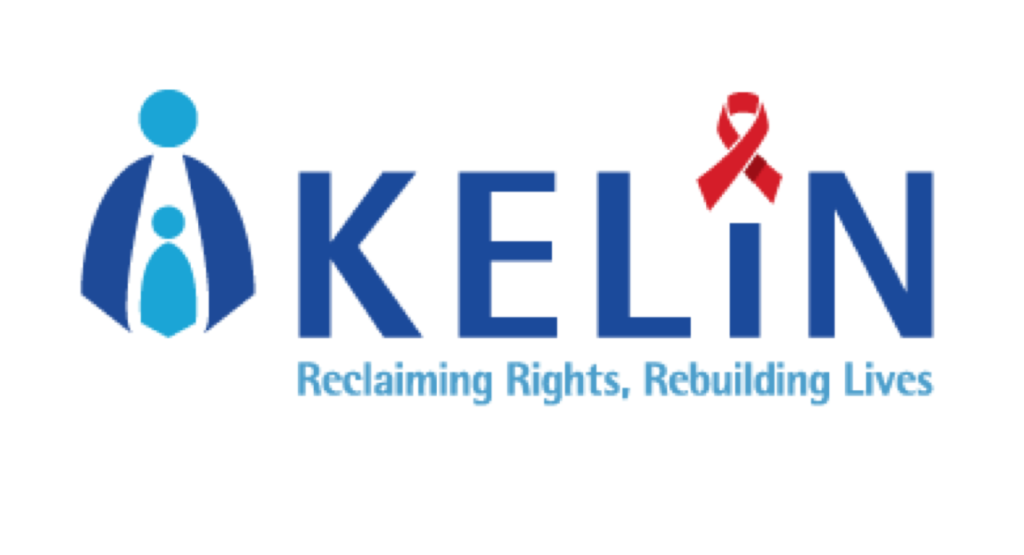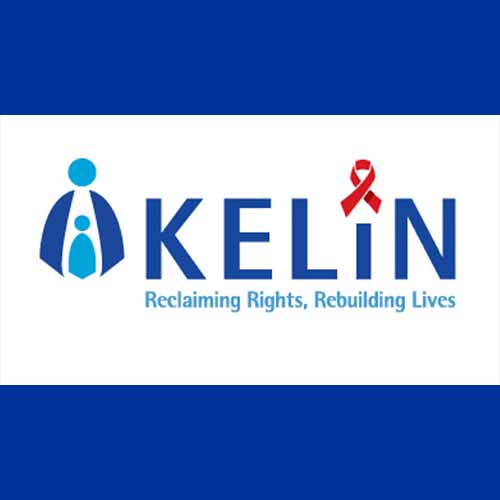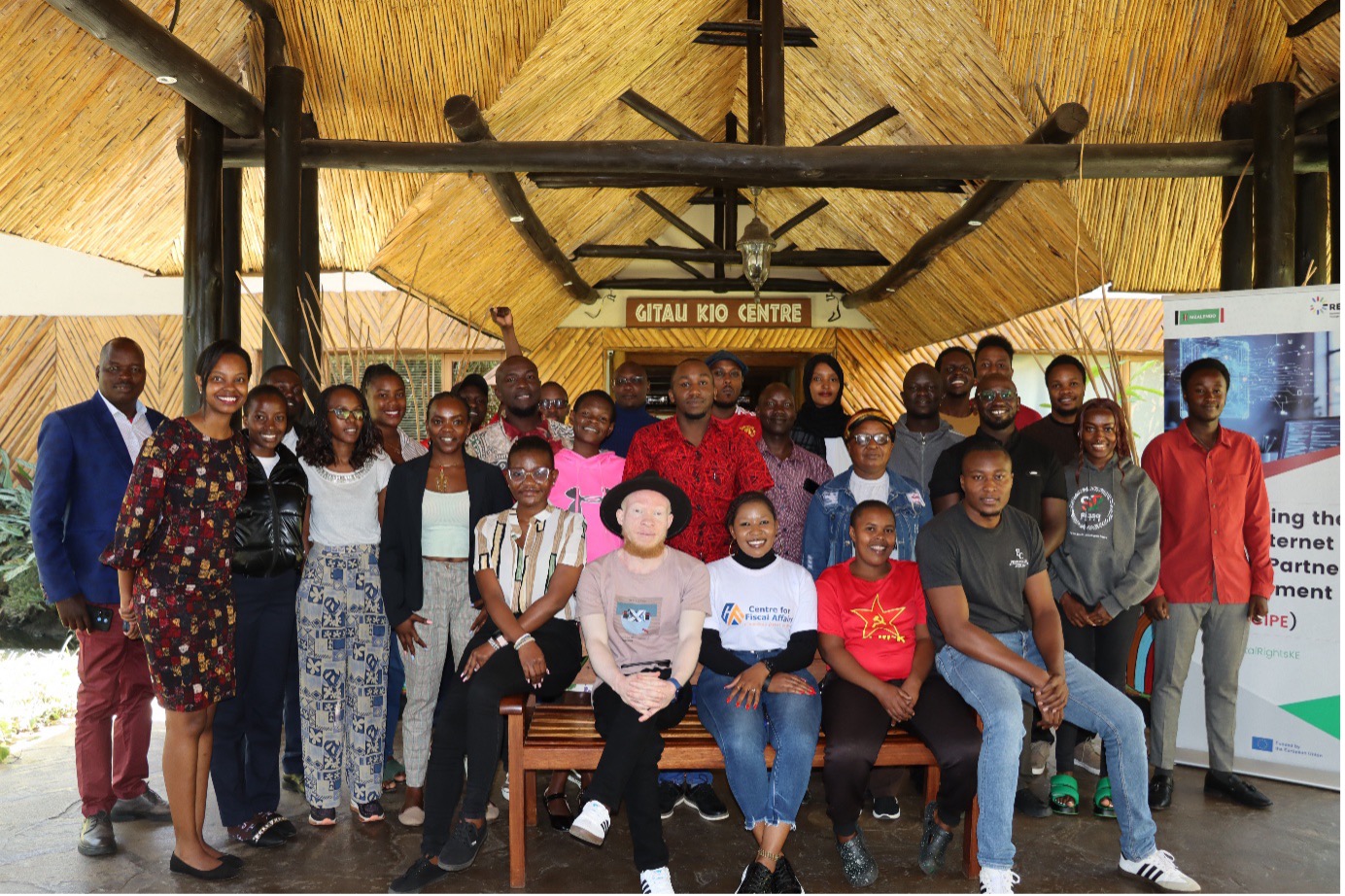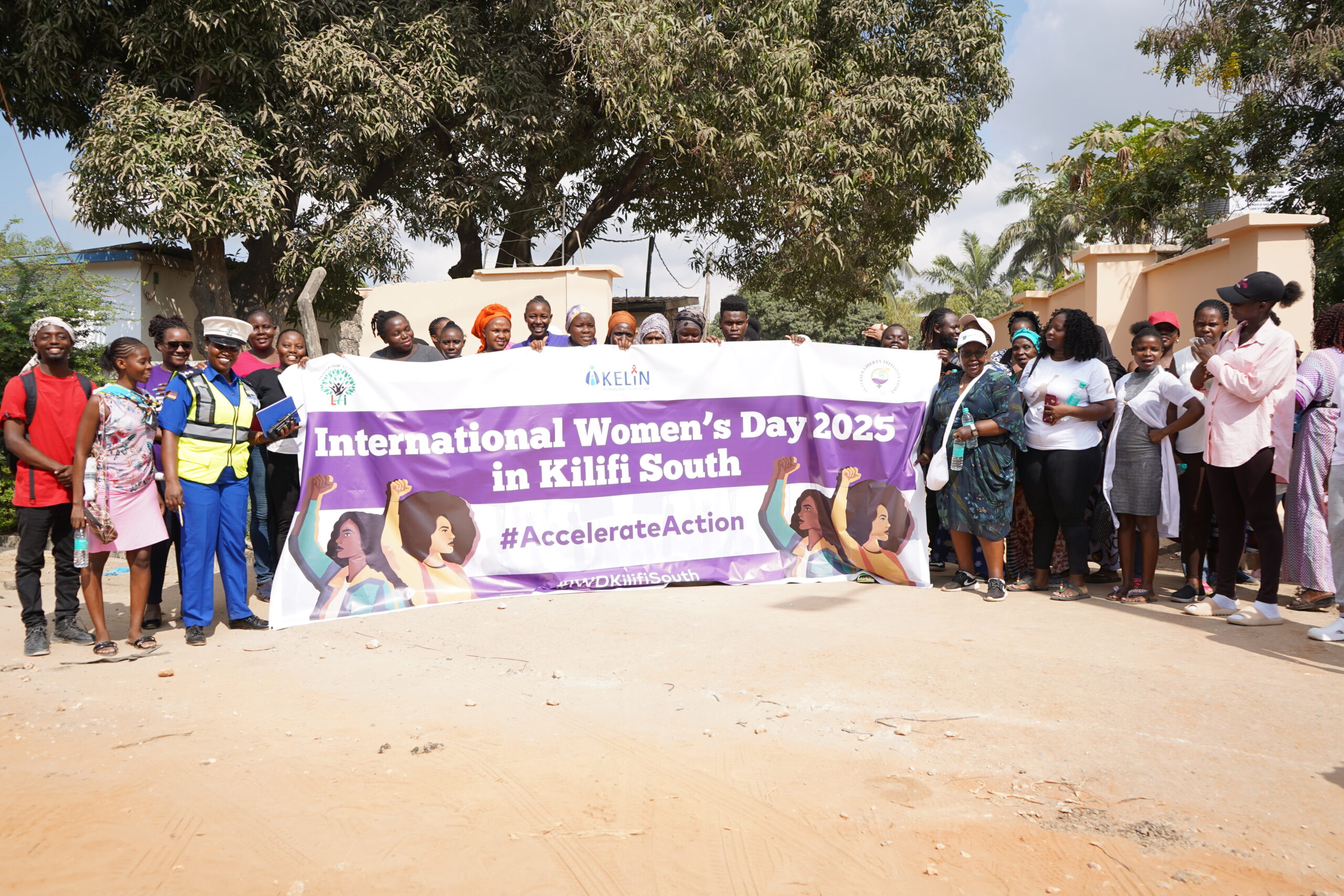Abortion Care is Healthcare, and Healthcare is a Human Right!
Today, as we commemorate International Safe Abortion Day, we reaffirm a fundamental truth: Abortion care is healthcare, and healthcare is a human right. This principle is not just enshrined in the Constitution of Kenya 2010; it underscores our commitment to advancing women’s reproductive health.
The Nakuru Reproductive Health Network and RHCO in partnership with KELIN is proud to host a football tournament with a profound mission: “Goals beyond the Game: Scoring for Reproductive Health Awareness.”
Despite persistent resistance to open dialogue on sexual and reproductive health, our adolescent girls and young women continue to face unjust barriers to essential services. Today, we are here to spark vital conversations about universal access to sexual and reproductive health services.
Community members and leaders in Nakuru County have rallied behind this event, united in the cause of scoring for reproductive health awareness. It is high time our nation engaged in open, respectful dialogue, reducing stigma, and nurturing empathy and understanding regarding the diverse issues of sexual and reproductive health and rights (SRHR).
It is important to note that Kenya has the Standard and Guidelines for reducing morbidity and mortality from unsafe abortion. There is thus a need to create awareness and reduce stigma for access to safe abortion.
Kenya’s constitution eased access to abortions in 2010 but the procedure is extremely difficult to access at state hospitals. Some private health providers perform the procedure, for a fee of around 3,000-4,000 Kenyan shillings, on which many women and girls cannot afford. Due to this inaccessibility, about seven women and girls die every day due to unsafe abortions in Kenya.
Additionally, more than 40% of pregnancies in Kenya are not planned and result in unwanted pregnancies and frequently unsafe abortion. Kenya’s maternal mortality is the highest among women of peak reproductive (25-39) at about 6,000 deaths per year, and up to about 13% of deaths are associated with unsafe abortion.
Clearly, restricted access to abortion disproportionately affects the poor who are often unable to support a child. There is a high number of foetuses and abandoned babies in the slums where there is little or no access to safe abortion
We call upon policymakers to champion the rights of all, especially women, in their quest for sexual and reproductive health services. These services include:
Contraception: Every individual has the freedom to decide when and with whom to start a family. Family planning is an integral part of healthcare and a human right.
Comprehensive Sexuality Education: Access to education and information about reproductive health, including contraception and options for terminating unwanted pregnancies, is paramount. Informed choices empower individuals and mitigate the risks associated with unsafe abortions.
Non-Discrimination: Healthcare providers bear the responsibility of delivering quality services to women seeking sexual and reproductive healthcare. Upholding patient confidentiality, obtaining informed consent, and providing adequate information are essential elements of delivering SRHR services.
Policy Review: We urge County and National Governments to reconsider outdated laws and regulations that hinder access to SRHR services, including safe abortions. These reforms should be guided by scientific evidence, human rights principles, and the well-being of women affected by unjust practices and archaic legal frameworks.
Community Engagement: Engaging communities in discussions about reproductive health and safe abortion practices, as we do today, is a pivotal step toward dismantling harmful stereotypes and misconceptions. It fosters a more inclusive and compassionate society.
Let us join forces to ensure that sexual reproductive health practices are not only available and accessible but also free from stigma and discrimination. Every woman deserves the autonomy to make choices about her reproductive health, and we must unite to protect and uphold that right.
For further information or media inquiries, please contact:
Josephine Maina
Communications & PR Advisor,
Kenya Legal and Ethical Issues Network on HIV & AIDS(KELIN)
Karen C, Kuwinda Lane, Off Langata Road
Nairobi
+254 790 111 578 +254 708 389 870
Email: communications@kelinkenya.org and josephinemaina@kelinkenya.org
About KELIN:
The Kenya Legal & Ethical Issues Network on HIV and AIDS (KELIN) believes in a world where no one lives in fear or oppression; where all have access to decent standard of healthcare and life; a world where everyone is treated with dignity and respect.
About RHCO
A CBO that aims at improving access to reproductive health services to the adolescent and young people through community education and advocacy campaigns.



